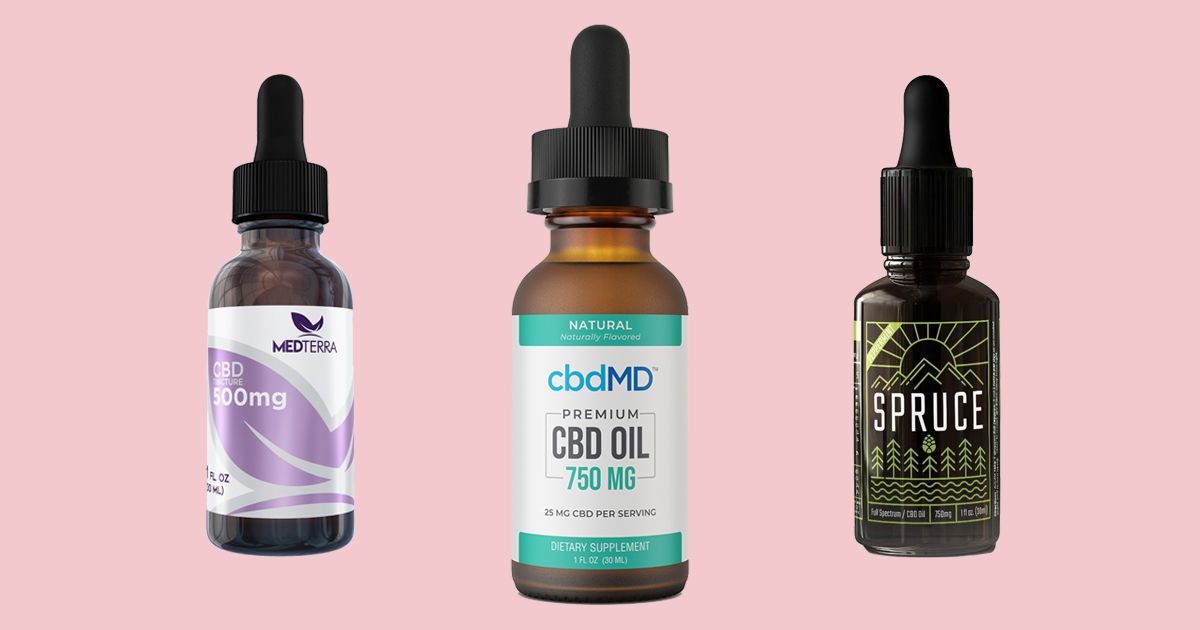Whether you’ve bitten your cheek or tongue, cut the inside of your mouth with your braces, or flossed your teeth a little too hard, there are many reasons why you may taste blood in your mouth. But have you ever tasted it when you hadn’t accidentally injured yourself? There are several reasons why you might have a blood or metallic taste in your mouth, and some you should see your healthcare provider about.
Most of the time, that metallic, iron-like taste is nothing to be concerned about. But on occasion, a bloody taste can be a sign of an illness or condition that warrants more concern and possibly a visit with your healthcare provider.
Milles Studio / Stocksy
In 2021, a TikTok video surfaced of a person who tasted blood while running despite no blood actually being visible. The video caught the attention of other TikTok users who took to the comments with similar experiences of their own.
In response to the video, Lisa Lewis, MD, a clinician practicing in Fort Worth, Texas, told Health how exercise can cause this to happen. “This is felt to be related to the breakdown of red blood cells which subsequently release minute amounts of iron in the lungs,” Dr. Lewis said. “If a person is working out and breathing heavily, irritated areas in the mouth, nose, or throat may also cause a metallic taste in the mouth.”
The runner in the TikTok video seemed to have a theory of their own, hinting that the taste of blood resulted from being out of shape. That’s not necessarily true, Dr. Lewis said, although it does mean you should stop, rest, and check your mouth for blood. If you do see blood or the taste persists, it’s best to check in with your healthcare provider.
A loss of taste was one of the first widely reported symptoms of COVID-19 when the pandemic first started. But it’s not just the absence of taste that the disease might cause.
“It has been reported that some individuals infected with COVID-19 experience the symptom of a metallic taste in their mouth,” New York City-based internist Nesochi Okeke-Igbokwe, MD, told Health. For example, a 2020 article published in BMJ Case Reports detailed the case of a 59-year-old woman in Philadelphia who said that the foods she normally enjoyed tasted “bland and metallic” after contracting COVID-19.
Exactly why some people experience this symptom is not totally understood, but according to Dr. Lewis, it’s not likely to be a permanent side effect either. For the Philadelphia woman in the BMJ case report, the metallic taste went away about two weeks after it first started.
It’s not just a virus like COVID-19 that can cause this experience. Dr. Lewis explained that bacterial infections can also be the culprit of a bloody taste in your mouth. This, too, should resolve once your infection has been properly treated.
If you’re tasting blood, there’s a chance that a medication or supplement you recently started could be responsible.
“Medications that may have a bloody-taste side effect include antibiotics, antidepressants, and blood pressure and diabetes medications,” Dr. Lewis said, adding that “Multivitamins, especially those with heavy metals or iron may cause a blood-taste side effect.”
Fortunately, if the unpleasant taste does stem from a new medication, it probably isn’t anything to worry about and will likely self-resolve. If it does persist, the taste may be due to something else and should be discussed with your healthcare provider, Dr. Lewis said.
Some evidence suggests that a metallic taste in the mouth is also common among people with cancer. People undergoing chemotherapy may report tasting blood in their mouths. Chemotherapy may damage the cells in your mouth, causing that metallic taste.
If you’re someone with allergies, you know how disruptive and irritating they can be. Allergies can give you a runny nose and itchy eyes, but that’s not all. “Allergies are a common reason for taste changes, especially a metallic taste in the mouth,” Dr. Lewis said. “In addition to the increased secretions in the respiratory passages, medications associated with allergies (such as antihistamines) may cause a metallic taste and dry sensation in the mouth.”
This one is not too common, but it does happen to some people who eat pine nuts. “There have been past case reports of individuals experiencing a metallic taste in their mouth for some days post-pine nut ingestion,” Dr. Okeke-Igbokwe said. “The altered taste in the mouth appears to be short-lived, and it is unclear why this phenomenon may even happen to a select few.”
Someone who develops pine nut syndrome will generally start having a bitter metallic taste 12 to 48 hours after they’ve eaten pine nuts, according to a 2015 article published in Nutrition Research. That taste is usually amplified when eating other food and typically lasts between two to four weeks.
“Recent findings have correlated this disorder with the consumption of nuts of the species Pinus armandii, but no potential triggers or common underlying medical causes have been identified in individuals affected by this syndrome,” the Nutrition Research article states.
Few things can cause major changes to your body as pregnancy can. Pregnancy can have an impact on everything from your appetite to how frequently you use the restroom. And if you’ve been pregnant, you probably know that the experience can mess with your senses as well.
“Pregnancy is one of the more common causes of a metallic taste in the mouth, and it is likely due to the hormonal fluctuations that arise during this period of time,” Dr. Okeke-Igbokwe said. While some pregnancy-induced changes can be permanent, Dr. Lewis said that fortunately this one typically resolves itself.
The American Dental Association recommends that people brush their teeth for two minutes twice a day with a toothbrush that has soft bristles. Maintaining good oral hygiene is of the utmost importance, as neglecting it can lead to bad breath, cavities, and even the taste of blood in your mouth.
“If a person does not brush their teeth regularly, they may acquire inflammation or shrinkage of the gum tissue called gingivitis or periodontitis,” Dr. Lewis said. “Because of the altered anatomy of the oral tissue with these conditions, a metallic taste in the mouth may be a result.”
Sometimes, a blood-like taste in your mouth can mean something more serious. “Altered taste, often referred to as a metallic taste, is associated with neurological conditions, such as Bell’s palsy and dementia,” Dr. Lewis said. “A metallic taste associated with neurological illness is a result of weak signals from the underlying brain malfunction.”
As for when you might experience the onset of this symptom? “Although there have been uncommon case reports of a metallic or blood taste in the mouth as the first sign of neurological disease, an alteration of taste is typically noted in combination with other neurological symptoms,” Dr. Lewis said. So if you taste blood, don’t automatically assume you have a neurological condition.
Don’t just ignore the taste of metallic-like blood in your mouth—even if you don’t think the underlying cause is serious. Dr. Lewis said that anyone who tastes blood should call or visit their healthcare provider, especially if they aren’t exactly sure why they are experiencing the change. “Some people, unfortunately, have a serious illness or multiorgan medical conditions which may cause a metallic taste in the mouth,” Dr. Lewis said.
Diabetes—especially with hypoglycemia (low blood sugar)—is one example of a disease that can have the effect, according to Dr. Lewis. “If a person with diabetes notices this symptom, they should check their blood sugar promptly and treat as advised by their doctor,” Dr. Lewis explained.
Chemical exposure may also cause taste disturbance, which is something a healthcare provider should check out, Dr. Lewis noted. And if you do have a metallic taste in your mouth because of one of these more serious reasons, Dr. Lewis said you will probably have other new or unusual symptoms.
Nonetheless, if you continue to experience the taste of blood without the presence of other symptoms, it’s still best to play it safe and get a medical evaluation.




